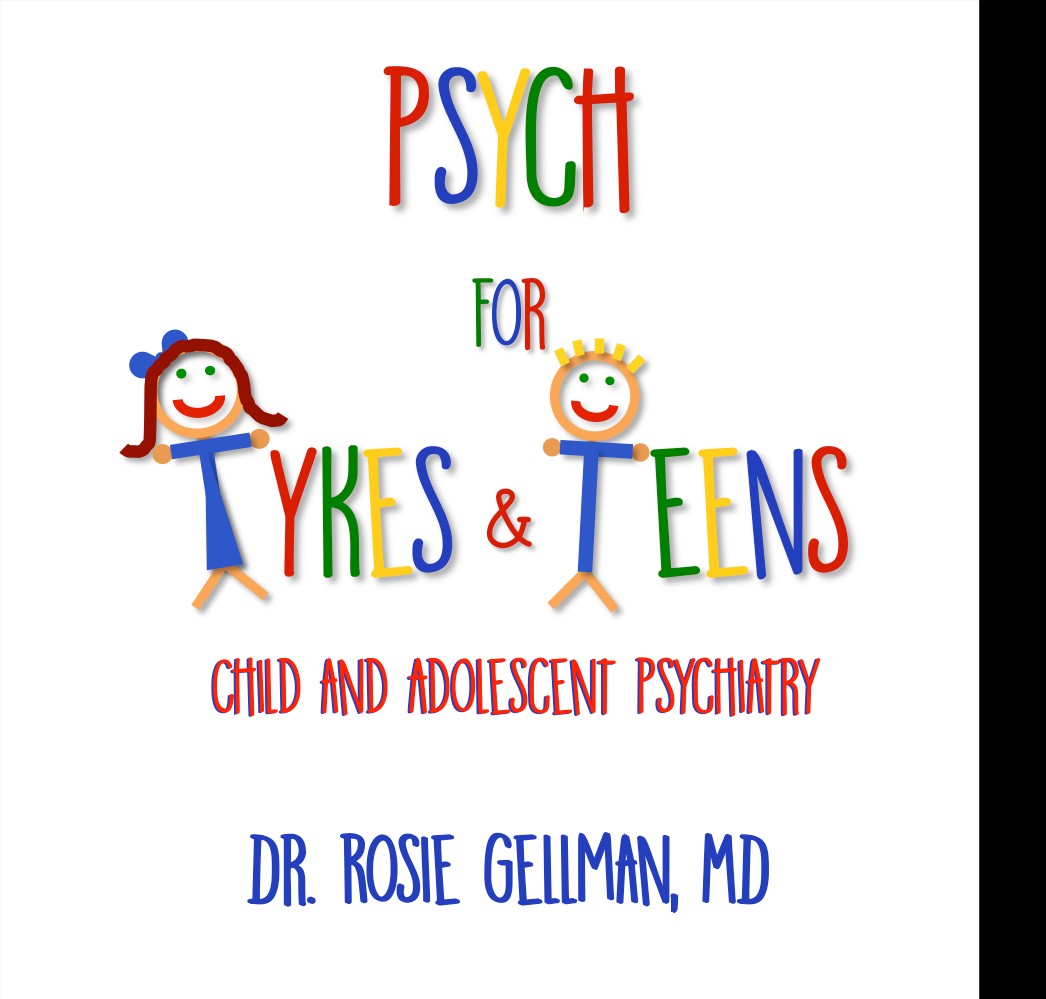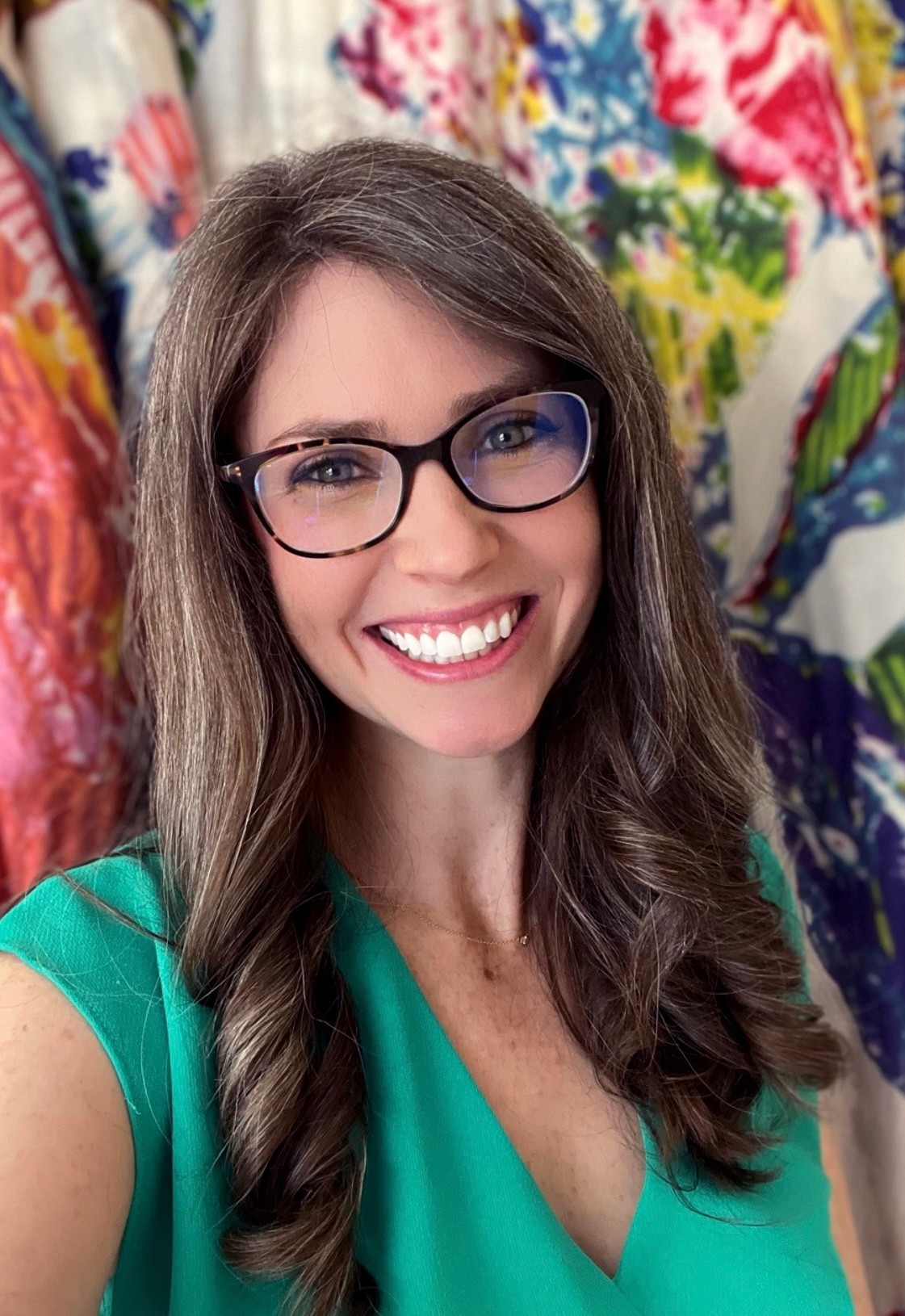Alright – so today we’ve got the honor of introducing you to Rosie Gellman. We think you’ll enjoy our conversation, we’ve shared it below.
Rosie , thanks for taking the time to share your stories with us today Can you open up about a risk you’ve taken – what it was like taking that risk, why you took the risk and how it turned out?
In my journey to my current practice, I have taken multiple risks, and set up myself and my family for some large ventures. I was born and raised in Texas, left for college, but returned for medical school and my initial training. I started my training in a 3-year program in Pediatrics in Texas. While about halfway through, I was grappling with the challenge of the system requiring a Pediatrician to see 30-40 patients a day and only able to spend 5-10 minutes with each encounter. Beyond this, many patients I was seeing were presenting for mental health concerns, and I had neither the time nor the knowledge to help address these problems. I struggled to choose between starting my full career after graduation with these stipulations, though able to maintain stability in terms of geography and finances for my family including my newborn child, and pursuing an additional grueling 3-year training program in Adult and Child Psychiatry across the country, far from friends and family, with continued resident-level salary, significantly below that of a practicing physician to ultimately lead to greater career and overall life fulfillment for myself. I chose the latter. We packed up and moved to Augusta, Georgia, somewhere I had never been and knew no one in order to pursue the program. It was a challenging 3 years, full of ups and downs, and many hoops for myself and husband to jump through, but, ultimately, I feel the sacrifice paid off. After I finished the program, we settled outside of Denver, where I have established my own Child Psychiatry Private Practice. I am grateful that I took the long road through Pediatrics initially, feeling even more equipped to manage the struggles and concerns of my child and adolescent patients. I am now able to practice the way I dreamed of when I initially entered the field of medicine many, many years ago, able to spend time talking to people and helping them solve problems, which is the appeal that lured me into medicine to begin with.

Great, appreciate you sharing that with us. Before we ask you to share more of your insights, can you take a moment to introduce yourself and how you got to where you are today to our readers.
I am a Child Psychiatrist with a background as a Pediatrician, and I have my own private practice outside of Denver, Psych for Tykes and Teens LLC. I was initially drawn to the field of medicine because I enjoy talking to and helping people, and Pediatrics caught my eye because I especially love interacting with kids of all ages. I pivoted from Pediatrics to Child Psychiatry to allow me more one-on-one time building relationships with my patients and sharing knowledge and skills to help them be successful in their lives. I pride myself on having a unique approach, with my background in pediatric medicine, able to understand and treat the full child and their struggles with a well-rounded approach. My mission is to help children conquer the challenges that life will throw at them now and in the future and, overall, to help children thrive in all aspects of life.
We often hear about learning lessons – but just as important is unlearning lessons. Have you ever had to unlearn a lesson?
In my first meeting with someone in a field similar to myself, I was counseled to be firm on my boundaries and policies with patients. I tried to stick with this guidance, but ultimately, I found that rigidity was difficult and not beneficial for myself or my patients. People may have late cancellations for appointments because they are sick, they may forget to take their medications on time every now and again, and sometimes, they are unable to implement their skills in difficult situations. In the field of psychiatry, boundaries are important, though in dealing with people, sometimes these boundaries require some stretch. Life happens, to myself and to others, and that is something to keep in mind as a business owner. My patients will make mistakes and missteps, but so will I, and we all deserve a chance to try again at least once. I have taken the missteps as an opportunity for further education for myself and my patients and for open discussion of what we can all do to help prevent the misstep from happening again in the future, which seems more effective to me for problem solving in the long run.
Other than training/knowledge, what do you think is most helpful for succeeding in your field?
In medicine, I think knowledge is important, though I also believe that relating to and genuinely caring about people is just as, if not more essential. We have all had very smart doctors who we felt we either did not trust or simply did not like, and I never wanted to be that person or provider. I am here because, yes, I am intelligent and well-read, but more importantly because I care about helping people solve their problems and ensure that they feel seen and heard while doing so. I am here to provide medical treatment, but more significantly, I am here because I truly want to listen to and engage with my patients on a personal level. I honestly believe that my approach and time spent in visits with patients does equally as much, if not more, than the medications that I prescribe, though I do acknowledge that both have their role. Overall, though, medicine is a field encompassing caring for others, and psychiatry is a tract within medicine involving listening to others, so I always ensuring that I am bringing these ideals to my interactions with my patients in order to provide the ultimate benefit potential for everyone I treat.
Contact Info:
- Website: www.psychfortykesandteens.com


